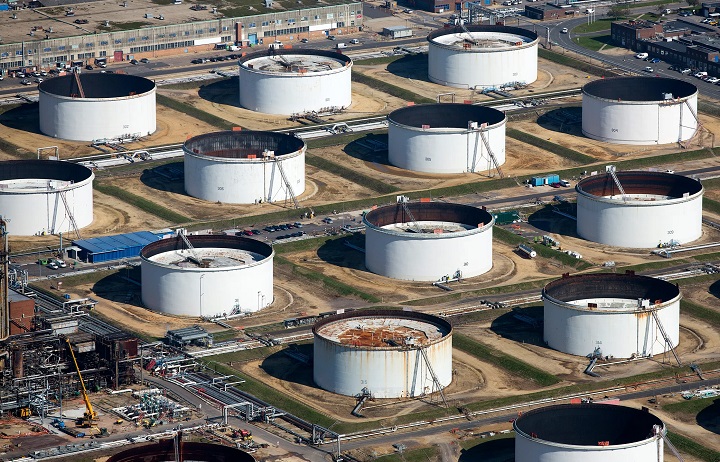The British government has ruled out paying large suppliers to take on the customers left behind by the collapse of smaller rivals after the gas crisis claimed its largest casualty earlier this week.
The UK’s biggest energy suppliers have held meetings with Kwarteng since the weekend to discuss the plans to help the supply market weather the record gas surge, and some are understood to have called for cheap government loans to help shoulder the cost of taking on customers from insolvent rivals.
Seven small suppliers have gone bust in a little over six weeks and millions of households could lose their energy supplier by the end of winter – providing a growth opportunity for the incumbent supply giants after years of losing customers to smaller challenger brands.
The government is continuing to rely on an existing process in which energy groups bid to become a “supplier of last resort” when a rival goes out of business, despite concerns that rocketing gas prices could soon make it prohibitively expensive to pick up new customers without financial help from the government.
However, concern is mounting that if the number of unprofitable customers left without a supplier reaches critical mass, the remaining suppliers may refuse to take them on.
A lack of gas storage capacity has left the UK paying significantly higher wholesale prices at daily auctions than other European countries, which have been able to build up reserves over recent months. Instead of storing gas, the UK has increasingly relied on a “just-in-time model” for supply.
Centrica, the privatised owner of British Gas, closed a major storage site built under the sea bed along the Yorkshire coast in 2017 after ministers refused requests for subsidies to help maintain the facility. The remaining sites cover a fraction of annual demand. Clive Moffatt, a gas consultant and former adviser to the Government on energy security, said that he warned that closing it was a dangerous decision. “They refused to listen and kept saying that we had diversity of supply: they misunderstood the responsiveness of liquefied natural gas to short-term shocks,” he said. “We are now extremely vulnerable and I’m afraid the situation is going to get worse. Prices could go through the roof. You can’t rely on the inter-connectors. Contracts can be rescinded and suppliers can declare force-majeure: end of story. The EU made this very clear during the negotiations over Brexit,” Mr Moffatt added.
Gas prices have surged globally after a long winter in which gas stores across Europe and Asia were heavily depleted. Storage levels remain well below average, and gas imports into Europe from Norway, Russia and the Middle East have slowed.
In the UK, the rise in gas prices has also led to record electricity market prices because the UK relies on gas-fired power plants to generate almost half its electricity. Low wind speeds have reduced the UK’s renewable energy generation, and a string of outages at UK power plants and a major cable connecting the UK to France have forced up market prices. (Source: The Guardian and Telegraph newspapers)
Comment:
The British government are woefully unprepared for the continuing stream of crises that they are facing week after week. They have admitted that some of the poorest households face a difficult winter as the cost of bills are rising at the same time as benefits are being cut. It is estimated that around 15 million households will see their energy bills increase by about £180. Getting Brexit done was the government’s primary concern, followed by the global pandemic, which has apparently distracted them from planning for and addressing the growing European gas supply crisis. Just as they were underprepared for the the coronavirus, as they were for the effects of Brexit on lorry drivers, so they appear to be on the transition to renewable energy sources. In fact, Britain is going into the winter with less than 2 percent gas reserve capacity when it should be at least 20 percent.
Gas supply has been subcontracted to Europe, which is also facing its own supply squeeze, so Britain is unlikely to see much goodwill from there, especially in the post-Brexit atmosphere and in the wake of the US-UK-Australian nuclear submarine deal, which has greatly angered France. Forty percent of European gas is supplied by Russia while it has significantly cut its supply this year.
Britain will be reliant on gas for a long time despite its transition to renewable energy sources, which are by their nature intermittent. The fact that Britain has outsourced the storage of gas to others who are themselves facing a shortage means that their energy security concerns will come ahead of supplying the UK, thus putting its own security in jeopardy.
Britain has committed itself over the next decade to reducing nuclear power, replacing oil fueled cars with electric cars, and moving exclusively to electricity for heating homes, so one would expect there to be an increase in gas storage and a diversification of supply.
Yahya Nisbet
Media Representative of Hizb ut Tahrir in Britain

